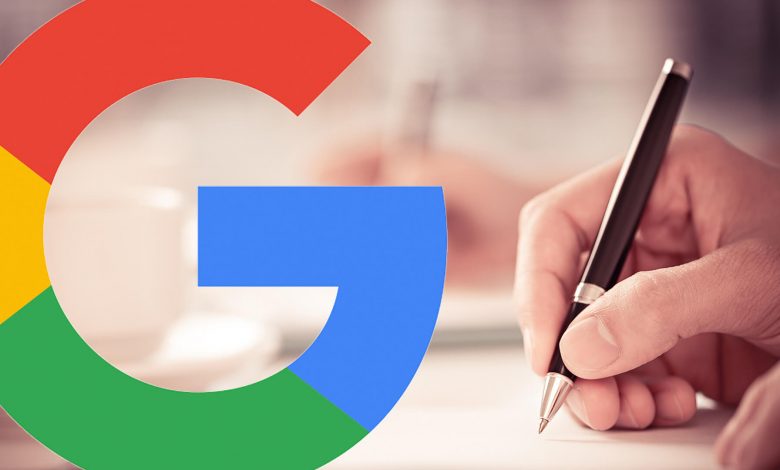
PPC or pay per click has become one of the best online marketing forms for businesses. From placing your Ads high in the SERP, adding your products in the Google Shopping feed, to presenting the Ads on third-party websites, PPC is a powerful tool that can be used by anyone to promote the business and generate revenue. First, you pay some fee to get in front of the audience, and then receive a good ROI via PPC Ads, if done right.
But, how much should you be spending? How much budget should you allot to your PPC Ad campaign? Or, what kind of digital marketing planning do you need to get the most out of your PPC efforts? Keep reading the article to know!
Why Can’ You Just Throw Money At PPC?
First and foremost, you should know why you need to calculate your PPC budget. The main reason behind starting a PPC campaign is to get more ROI. Many marketers think, the more they put into Google Ads, the more profit they will generate. It isn’t always true!
Throwing more money might increase your Ad’s rank, but it may or not give you the desired results in the long-run. When you learn to adjust your PPC account’s settings as or when required, you can make profitable decisions to boost your Ad campaign. Thus, calculating the right PPC budget is necessary.
Calculating The PPC Budget
In order to calculate your PPC budget, you must know the following numbers-
Number of Customers
Every marketer has specific PPC competitor research objectives. Set the desired revenue and calculate how many customers you will need to get results.
Close Rate of Leads or Conversion Rate 2 (CR2)
The close rate of leads means how many leads you close as a percentage of the total leads generated. For instance, if you are able you close 50 leads out of 100, CR2 is 50%.
Conversion Rate 1 (CR1)
CR1 or website’s conversion rate is the percentage of the website visitors who converted into potential customers or leads. If 10 website visitors turn into leads out of 100, the percentage of CR1 is 10%.
CPC
CPC or cost per click is the amount you pay for each click on your Ad. It depends on several factors, like the CTR, Ad’s relevance, keywords, geographic regions where you want to advertise the Ad, etc. Use Google Keyword Planner to know the maximum and average CPC of the keywords you want to include in your Ads.
Once you have gathered this data, the following formula will help you calculate the PPC budget-
PPC budget = (Number of Customers / CR2) / CR1 X CPC
You can calculate the number of customers using the formula-
Number of Customers = (Revenue / Sales Period) / Average Amount of Sale
Boost Your PPC Efforts With Digital Marketing Planning
Now that you have calculated the PPC budget, the next step is to plan your digital marketing strategy for a successful PPC campaign. The following tips can help-
Refine Your Keyword Research
While optimizing for SEO, you look for keywords that are relevant to the search queries. Be it an informational or action-driven keyword; this is what drives traffic to the website. In PPC competitor research, make sure that you spend your budget on the keywords that direct more traffic and ensure conversion. Target on high-intent keywords rather than the generic ones, depending upon your niche and budget.
Optimize Your Website
You don’t have to completely restructure your website to align with your Ads. Instead, you can create new dedicated pages designed to look relevant to your Ads. These pages can be anything, like contact form, sign up form, soon-to-end sales, etc. Make sure to no-index these pages so that your website ranking doesn’t drop.
PPC Competitor Research
Another great digital marketing strategy to boost your PPC Ads is remarketing the Ads. Target the users who have visited your website before or who have shown interest in your products and services. When your Ad appears in front of them, they might visit your website and convert it into a sale. You can also show Display Ads and convince them to click your website.
Work On Improving Your Quality Score
When it comes to digital marketing via search engines, there are several ways to get the most results. Improving the quality score is one of them. You can improve the QS by following tips-
- Use the right Ad group structure and campaign.
- Improve the keyword targeting.
- Optimize all the landing pages.
- Create an effective Ad copy to boost CTR.
- PPC competitor research
Other Things to keep in mind when calculating PPC budget:
The niche you are aiming to advertise: Some categories are more important and competitive than others, so if you are targeting any competitive category, it means you might need to spend to make your ad appear in SERP.
Your Keyword Intent: Look for the keywords that are relevant to your nice as they drive more traffic to your website. Target those keywords that are informational and action-driven.
The health of your website: You should know how well the SEO is optimized on your website. While this doesn’t mean restructuring your website, it means having dedicated PPC marketing pages that adhere to your ad and convert.
Conclusion
In this article, we have highlighted the basics of calculating the PPC budget and creating a digital marketing plan for the campaign. There is much more to consider. From splitting your budget for multiple brands or products, allocating the right budget, to focusing your digital marketing efforts on the most profitable Ads, there is a lot of hard work. However, we hope that the information mentioned above will help you get started with PPC advertising. Once you start the campaign, you will learn something new every day. With consistent analysis and efforts, you will be able to master the PPC budget for even the most complex campaigns.



